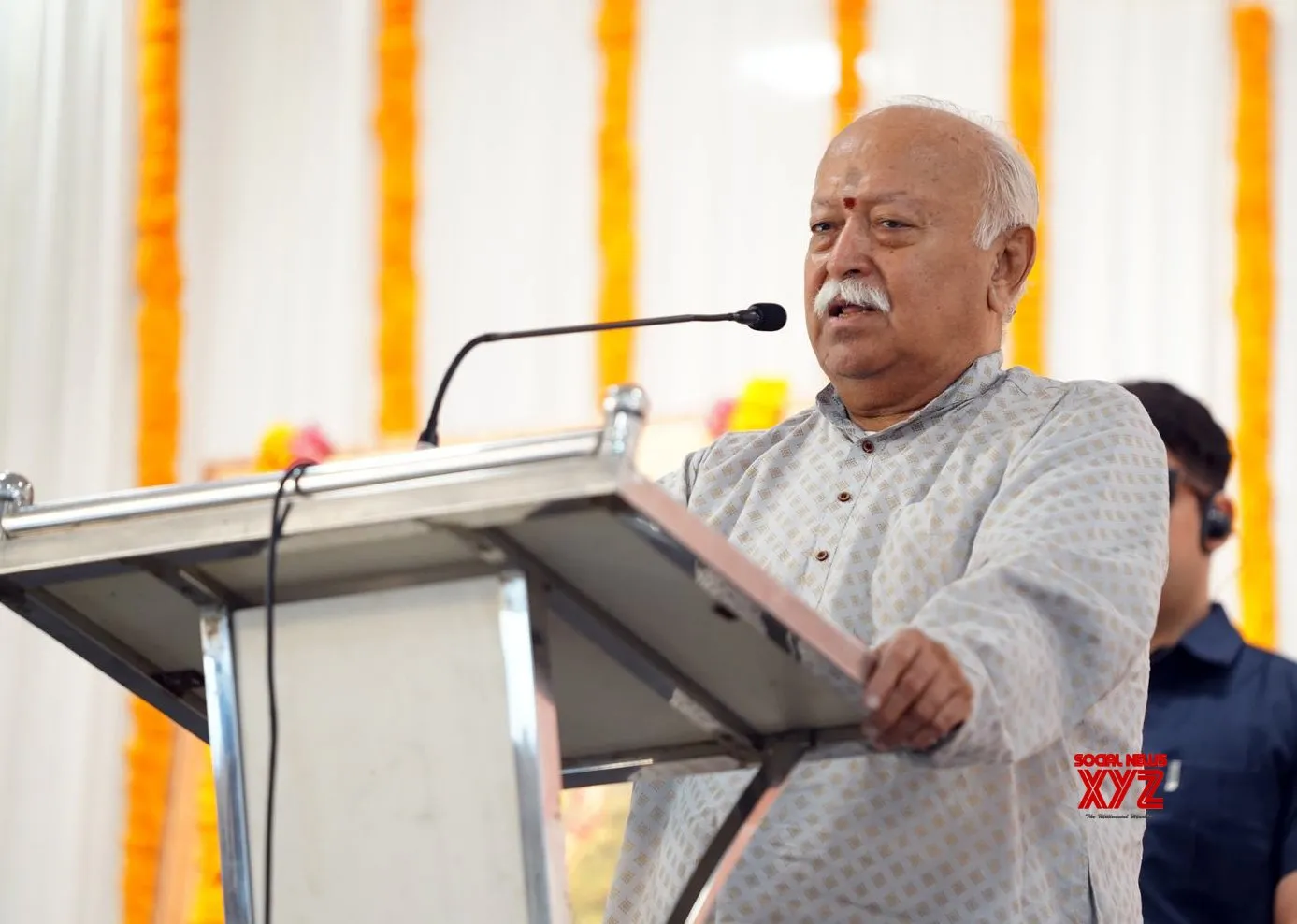Copyright Tom's Guide

After months of anticipation (and a few delays), Grokipedia, Elon Musk’s long-promised AI-powered encyclopedia, is finally live. What seems like a glorified Grok, the platform is marketed as a “truth-seeking” alternative to Wikipedia. It promises real-time accuracy, free speech and fewer ideological blind spots. Naturally, I wanted to know if Grokipedia could really out-inform the internet’s reigning reference giant. So I pitted Grokipedia and Wikipedia head-to-head across seven categories. From historical accuracy and current events to science, politics and misinformation resilience, here's which one actually delivered better answers. 1. Historical accuracy Search: “When did the first iPhone launch, and what were its original features?” Grokipedia provided an excessively detailed history of the entire iPhone lineup, making it difficult to quickly locate the specific launch date and features of the first iPhone. Wikipedia directly answered the question by clearly stating the June 29, 2007 launch date and listing the original features in a well-organized, factual format. Winner: Wikipedia wins because it offers a precise, focused response that immediately addresses the query without overwhelming the user with irrelevant information, making it ideal for quick fact-checking. 2. Current events Search: “What are the most recent developments in the Israel–Hamas conflict?” Grokipedia focused specifically on the October 2025 ceasefire as the most recent development while framing the conflict through Hamas's ideology and current military objectives. Wikipedia provided a comprehensive historical overview with detailed casualty figures and timeline of events up to 2025, but focused more on background context than recent developments. Winner: Grokipedia wins because it directly addressed the "most recent developments" by highlighting the October 2025 ceasefire and current conflict status, whereas Wikipedia provided extensive background but was less focused on recent developments. 3. Science and health Search: “What are the long-term effects of Ozempic use for weight loss?” Grokipedia delivered a precise, evidence-based summary of long-term benzodiazepine use, emphasizing tolerance, dependence, cognitive deficits and withdrawal risks, while clarifying that recent studies show no causal link to dementia. Wikipedia provided a comprehensive but less structured list of potential effects, including dependence, cognitive decline, mental health issues and social consequences, while noting individual variability and expert controversies. Winner: Grokipedia wins because it offered a more focused, clinically relevant overview supported by scientific references, directly addressing the key long-term risks without unnecessary digressions. 4. Technology and AI Search: “Tell me about OpenAI” Grokipedia gave a concise, direct answer naming the core founders (Altman, Brockman, Musk, Sutskever, Zaremba, Schulman) and founding date, focusing strictly on the founding details. Wikipedia offered a more comprehensive list including additional founders and broader context about OpenAI's structure and mission, but buried the founding details within extensive historical information. Winner: Grokipedia wins because it directly and concisely identified the key founders and founding date without unnecessary elaboration, perfectly addressing the specific question asked. 5. Political neutrality Search: “Summarize the main controversies surrounding Elon Musk’s ownership of X (Twitter).” Grokipedia did not have an answer for this. X/Twitter was not in the search. Wikipedia handled this question by providing a comprehensive, chronologically organized overview of Musk's ownership controversies, systematically covering content moderation issues, rebranding criticisms, legal battles and specific incidents like the UK riots response. Winner: Wikipedia wins for having an answer. 6. Cultural context Search:: “What caused the Hollywood writers’ strike in 2023, and what was the outcome?” Grokipedia explained in detail the WGA strike's causes (streaming residuals, AI threats) and specific outcomes (wage increases, AI protections, viewership bonuses). Wikipedia primarily discussed the SAG-AFTRA actors' strike while briefly mentioning the writers' strike, confusing the two and failing to clearly address the WGA-specific causes and outcomes. Winner: Grokipedia wins for the best answer because it correctly focused on the Writers Guild strike as asked, providing clear causes and specific resolution details, while Wikipedia's response was primarily about the actors' strike and poorly addressed the actual question. 7. Misinformation resilience Search:: “Was 5G technology linked to COVID-19?” Grokipedia provided a technical overview of 5G technology while briefly mentioning health effect controversies but failed to directly address the COVID-19 conspiracy theory. Wikipedia directly confronted the 5G-COVID-19 misinformation with specific claims and refutations, including survey data about public belief in the conspiracy and real-world consequences like tower vandalism. Winner: Wikipedia wins for specifically addressing the COVID-19 conspiracy theory with detailed refutations and evidence, while Grok largely avoided the actual question about the false pandemic connection. Overall winner: Grokipedia While Grokipedia won more overall categories when we conducted several rounds of testing, Wikipedia still shows its strength for accuracy, clarity and breadth — especially on factual or politically charged topics. Based on past Grok behavior, this is not a surprise. Wikipedia's decade-old editorial model, while imperfect, consistently delivers balanced, well-sourced information that’s easy to verify. Grokipedia, however, showed real promise: it excelled at summarizing current events and delivering concise, direct answers in technology and cultural topics. Grokipedia is still very new, but I will be keeping an eye on it to see how it evolves. Have you tried it yet? Let me know what you think in the comments. Follow Tom's Guide on Google News and add us as a preferred source to get our up-to-date news, analysis, and reviews in your feeds. Make sure to click the Follow button! More from Tom's Guide



